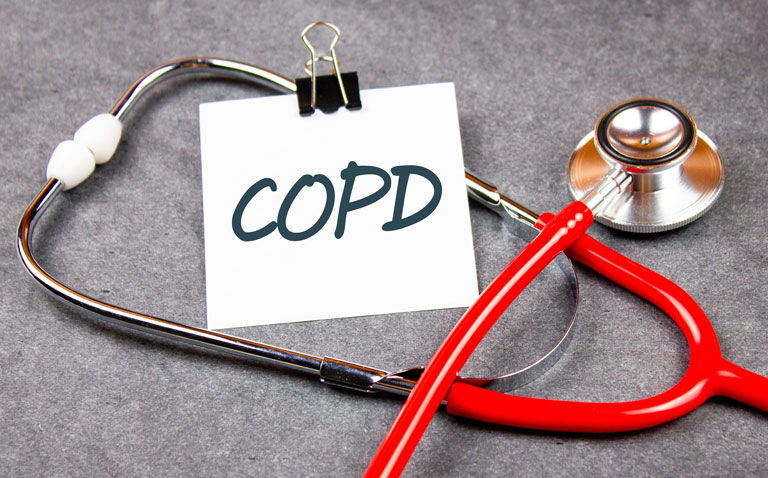Lowered levels of human beta-defensin-2 levels have been linked to exacerbations in patients with chronic obstructive pulmonary disease
Chinese researchers have identified that lower levels of human beta-defensin-2 are significantly associated with an increased risk of a disease exacerbation in patients with chronic obstructive pulmonary disease (COPD).
Human beta-defensin 2 (hBD-2) has antimicrobial activity and is elevated in distal airways of COPD patients and may be involved in pathogenesis of the disease. Moreover, hBD2 has been shown to be reduced in the central airways of current smokers with COPD. Since human beta-defensin-2 levels are reduced in smokers with COPD, in the current study, researchers speculated on the association between hBD2 levels and disease exacerbations in COPD. In trying to establish the nature of the relationship between hBD2 and disease exacerbations, the researchers recruited patients with COPD and compared sputum levels with healthy controls. Levels of hBD2 were measured at baseline in the two groups and then after 12 and 24 months and compared. In a further analysis, researchers also compared human beta-defensin-2 levels among COPD patients who either had, or did not have, at least one symptom aggravation or disease exacerbation, over the next 2 years.
Human beta-defensin-2 levels and COPD exacerbations
A total of 203 COPD patients with a mean baseline age of 64.7 years (82% male) were compared to 51 controls who were younger (mean age = 59.5 years).
At baseline, there were no significant differences in the sputum and serum hBD-2 levels between COPD and control patients, although levels were actually slightly lower among COPD patients (2152.5 vs 1716.9 pg/mL, p = 0.057). However, when turning to COPD patients who had at least one symptom aggravation over the next 2 years, hBD2 levels were significantly lower in those who experienced an exacerbation (p = 0.001). Interestingly, sputum hBD-2 levels were not significantly different between COPD patients without an exacerbation and health controls (p = 0.626).
Using regression analysis, the researchers showed that low hBD-2 level (< 1000 pg/mL) was significantly associated with exacerbations and patients with such levels more likely to experience exacerbations over the next 12 months (p = 0.001).
They concluded that the risk of exacerbations in patients with COPD are more likely to occur when they had lower sputum hBD-2 levels, adding that these findings had important implications for future therapies for COPD.
Citation
Feng S et al. Low human beta-defensin-2 levels in the sputum of COPD patients are associated with the risk of exacerbations. BMC Pulm Med 2023










